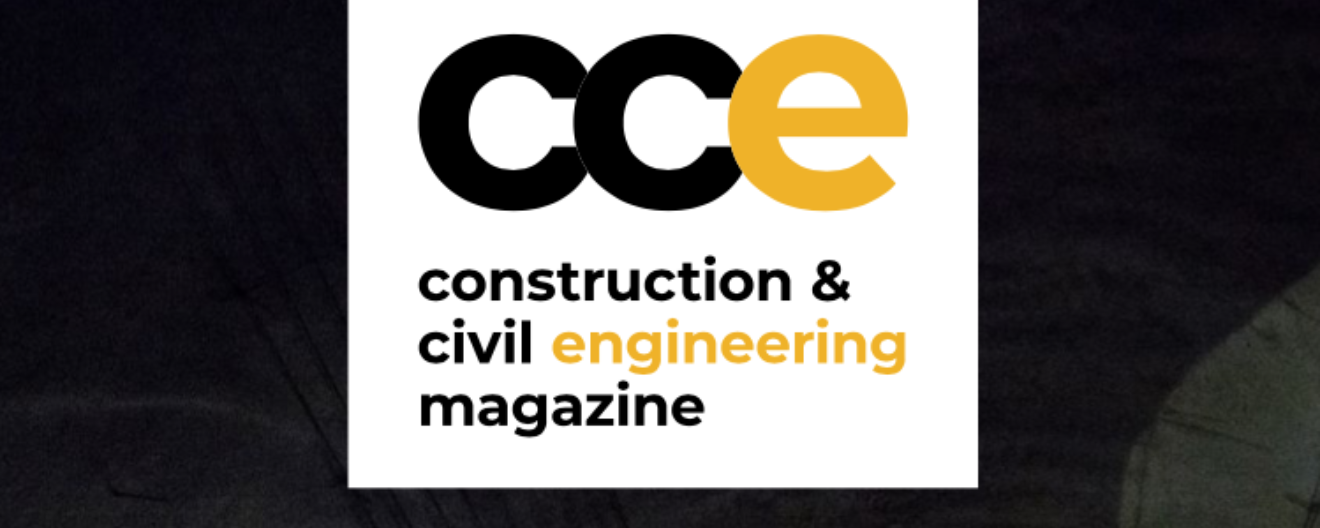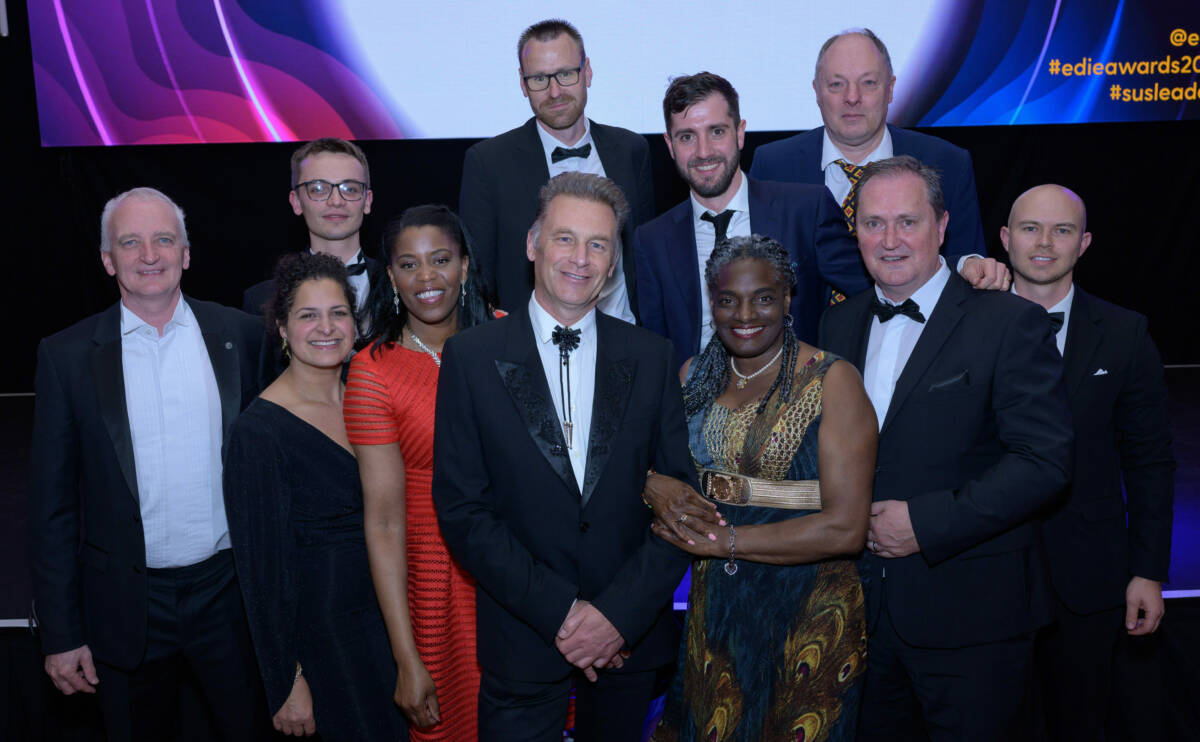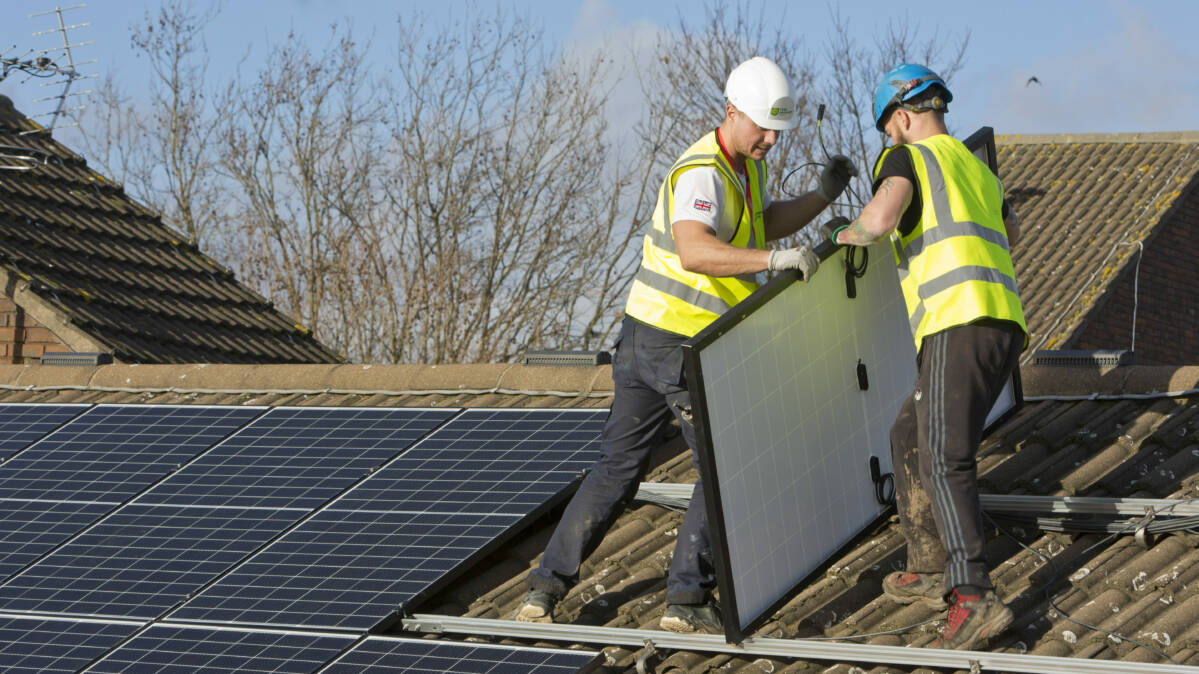Construction and Civil Engineering Feature
Getting to know the award-winning Aston Group

To deliver a more professional heating installation service – one that stands out from all others. That was the founding mission statement for Aston Group. Though it was not known as such back then in 1964.
Originally founded as Aston Heating, the company was first established in 1964 by Evan Ivey Snr, Brian Durrant, and Frank Dalton. As its mission statement indicates, the trio noticed that there was a distinct lack of professionalism in the market – customer service was almost invisible.
The friends realized there was something to be gained. It is worth delving into this history because it shows just how far the business has come in the last 58 years. Indeed, to begin with, the burgeoning firm was still operating out of Evan’s home in Hornchurch, Essex.
Together, at that home, the team made a huge pledge that would come to define the company. They would provide UK homeowners with professionally designed and installed heating systems – but the trio went one step further.
They ensured all their work was backed by a guarantee and supported with maintenance engineers on call. For the time, it was pioneering – an exception to the rule.
But blazing new trails came naturally to Evan, Brian, and Frank. Their quality charter – in a curiously profound stroke of luck for customers – was launched in 1963, just one year after the Big Freeze.
It was a win-win. Following one of the most devastating weather events to hit the UK, their customers were grateful (to say the least).
ConstructionSteady growth followed. The company was undoubtedly buoyed by its stellar reputation for service and customer care. By the 1990s, Aston Heating was pulling in contracts worth over £1 million: quite an impressive feat when we consider the company’s humble beginnings.
Fast forward to 2014, and the company took time to celebrate its 50th anniversary. To commemorate the occasion, a new name was announced: Aston Group.
When we sat down with Alan Thomas, Managing Director at Aston Group, we asked about the impetus behind the change in name.
“We looked at our service offering and came to the realization that, though heating is still very much the cornerstone of our business, there are so many more strings to our company’s bow,” he explains.
“The new name better reflects what we are doing now and how the business looks today. Of course, we still do heating, but we also do an awful lot more!”
Indeed, Aston Group has continued to diversify its service offering. On top of that, it has worked tirelessly to integrate social values and sustainability into its day-to-day operations.
For these efforts, the Essex-based group has been awarded the following honours: Housing Digital Innovation Awards Finalist (2023), Edie Sustainability Leaders Award Finalist (2022), Winner of the Inside Housing Development Awards (2022), and Winner of Maldon’s Conservation and Design Award (2016).

“Over the last few years, our construction department, which covers both mechanical and electrical, has grown significantly,” notes Alan, who has been with the firm since the 1990s. “As part of that, we have doubled down on our environmental efforts.”
Environmental strategies do not have to limit a company’s commercial imperative. Aston Group’s figures from last year – a turnover of more than £20 million – attest to that.
“We have always put social value at the fore,” adds Julie Dunn, Strategic Communications Manager. “It is also part of the requirement when you work with local authorities, and naturally we ramp that up accordingly.
“In fact, we often go above and beyond the necessary requirements, and that is something that gives us a strong sense of pride. Our Corporate Social Responsibility (CSR) Manager, Rachel, is so very passionate. That passion is part of who we are as a company.”
Alan begins to reflect on how things have changed over the years.
“As a business, I think we have always been customer-focused and we have always wanted to carry out a high-end standard of work,” he says.
“I think that it is a reflection of the personalities of the people who have been involved with the business from the start, particularly those at the senior and director level. We have all come from a background of wanting to do the right thing and the right kind of job.
“It has become part of our DNA,” he adds. “Even now, we still endeavour to do the best job we can; we still want everybody – each individual from our 200-strong team – to take pride in what they do.
“But the company has certainly developed and expanded. It has not stayed still – far from it. Now, we are looking to strengthen our structure and values even more, so that everyone can be involved.
“This will mean our staff can communicate what they feel is the company ethos, meaning they will be able to help shape it.”
Julie is keen to expand on this point further. “We have put a tremendous amount of work into outlining the vision and values of the business,” she explains. “Here is the thing: we knew the values everyone was living by at Aston Group, but we had not yet cemented them.
“So, when we published our core values, it was brilliant because all our employees just naturally said: ‘Oh, yeah, of course that is who we are.’ We are on a mission to embed our values, build trust, drive quality, have respect, and – perhaps most importantly – deliver all this together.”
One of Aston Group’s leading values is its commitment to social responsibility and sustainability. As Julie informs us, that begins with the company’s efforts in social housing and its decarbonisation.
“Southfields is our latest project in this area,” she reveals. “It is a hostel comprised of 40 flats and is located in Waltham Forest. Funded by the government’s latest Social Housing Decarbonisation Fund, Southfields is part of a wider movement to improve the energy of social homes in England.”

Across a range of projects, Aston Group has helped to convert social housing properties by carrying out retrofits, external wall insulation projects, solar installations, and more. “We’re now getting prepared for what we think will be an explosion of work in this area,” says Julie.
“Two of our team have just completed their CPD Net Zero course, so we are building the skillsets we need to excel, and we are looking into upskilling other team members in solar technology and air source heat pumps. We are moving with the times!”
Evidently, Aston Group does not believe in all talk and no action. Last year, for instance, it established a decarbonisation and sustainability division, Aston Energy Group. Members from various other departments (construction, mechanical, electrical, and so on) get together once a month.
As a micro-alliance, Alan tells us as the conversation winds down and we look towards the future of the group, it has devised a five-year plan to achieve a monumental goal: reducing its carbon by a minimum of 20 per cent.
“But let me restate that,” says Alan. “Twenty per cent is the minimum, we want to try and stretch that to 40! It’s going to be a challenge, but then, as is normally the case, the hardest things are the most rewarding.”

